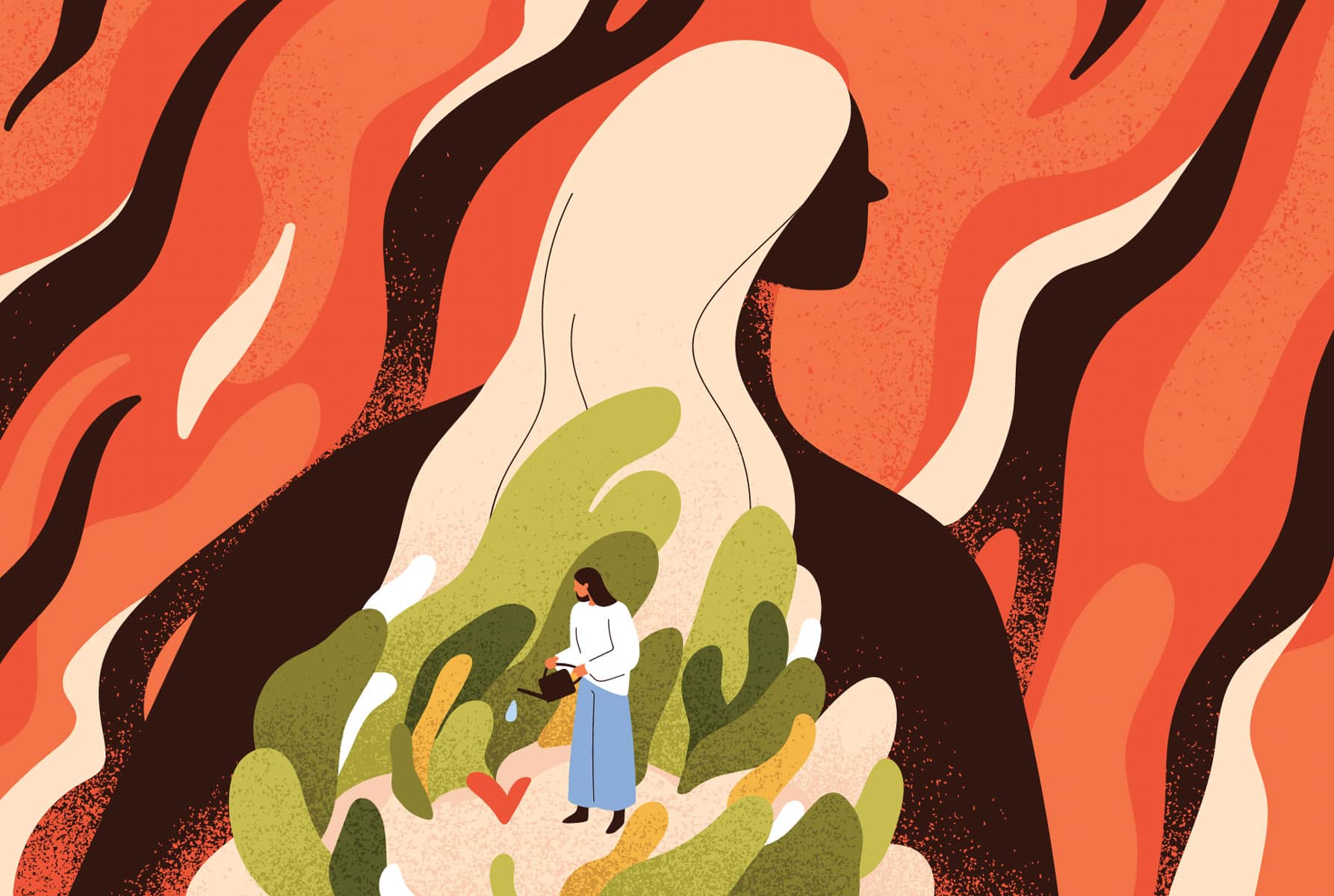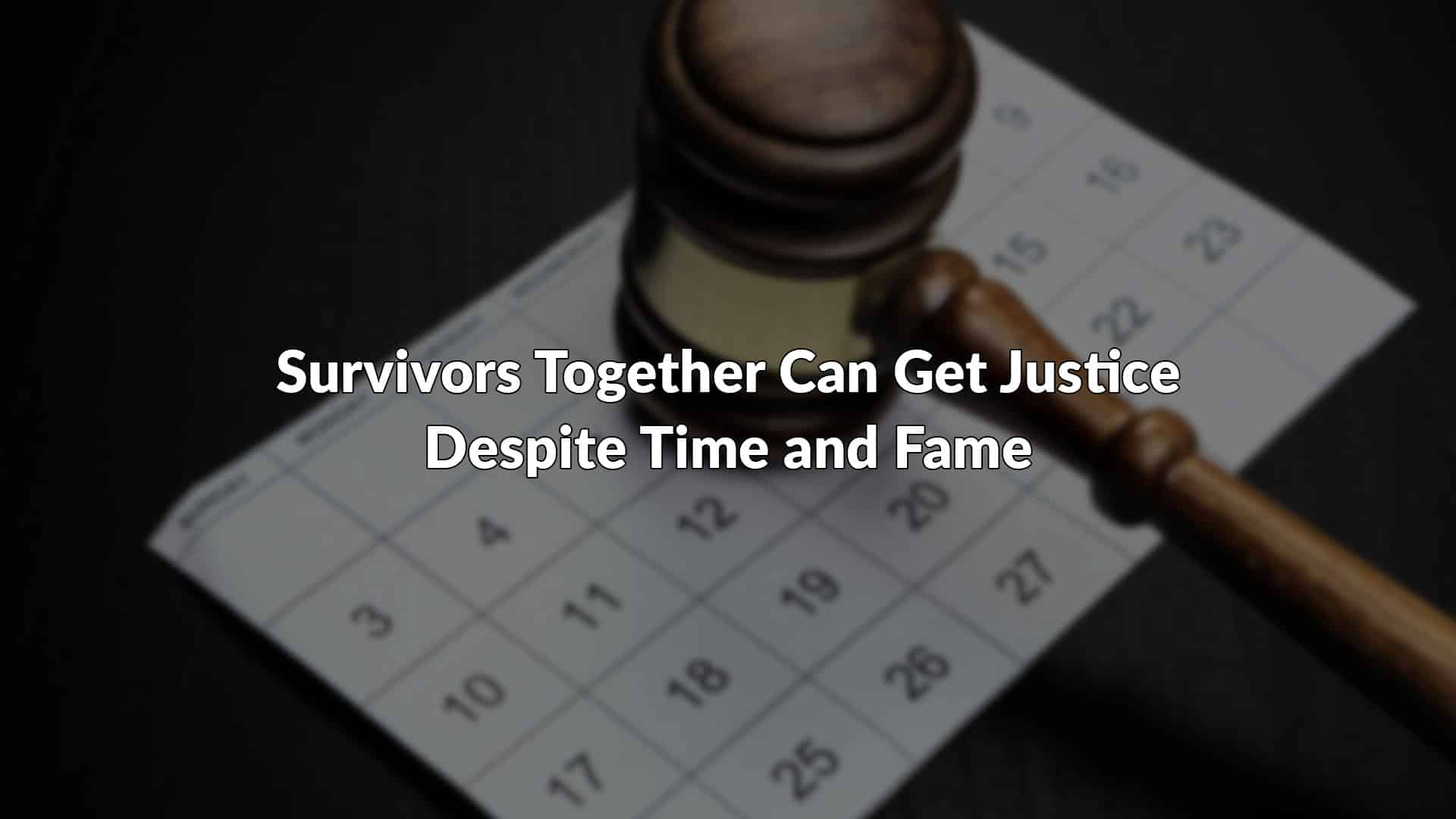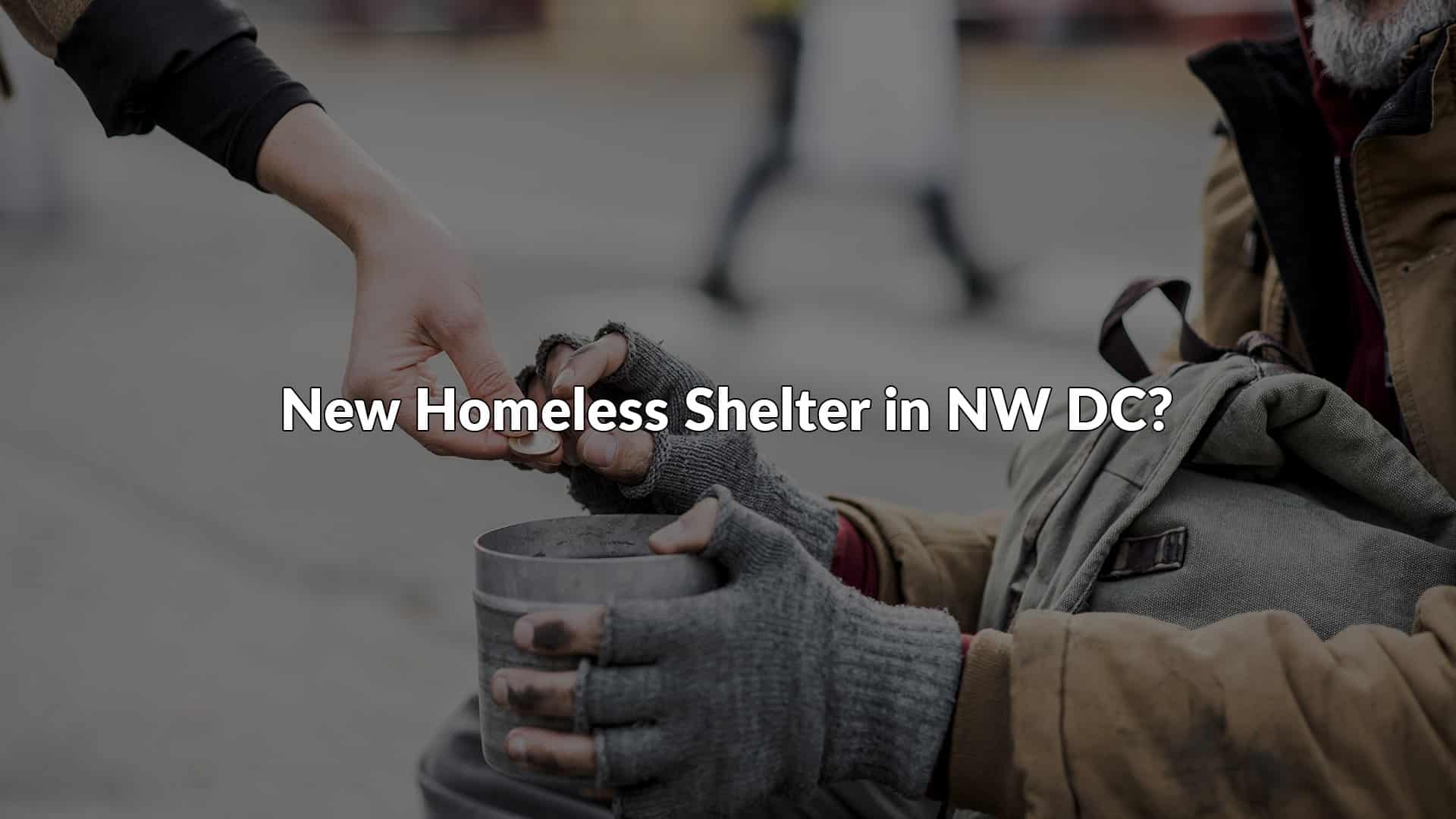Like most cities and states, the District of Columbia has criminal penalties for paid consensual sexual exchange. The District is looking into passing legislation that would remove all penalties for consensual sexual exchange among adults. Under the current legislation, many individuals who engage in commercial sex by choice, coercion or for survival are afraid to seek assistance from law enforcement because of the fear of receiving criminal penalties for the type of work that they do.
Cyndee Clay, the Executive Director of HIPS and a panelist at the briefing, stressed the fact that the outdated current legislation does more harm than good to the most vulnerable populations while fostering violence and exploitation. Clay added that street-based sex workers who are engaging in survival sex are the most impacted by the criminalization of sex work; these individuals are often experiencing homelessness and are engaging in sex work just to meet their needs or to receive shelter for the night.
Sex work can be violent and is dangerous for the sex worker’s health and safety. Another panelist, Laya Monarez, a transgender Latina and a former sex worker, made a powerful statement about her past. She described a time when she had to jump out of a moving car because her client was going to kill her. Currently, sex workers neither have the means to screen their clients nor can they report a crime that has been perpetrated against them because contacting the police means risking arrest. According to Monarez, having the ability to screen a client and having the ability to receive medical help, without being fearful of arrest, can be a matter of life and death to many sex workers. Additionally, decriminalization would allow many sex workers to utilize safe sex practices because they will have better access to more medical services.

Communities of color, gay and trans individuals, people facing homelessness, immigrants, people with disabilities and others who already face discrimination have a greater negative impact by the criminalization of sex work. According to Nnennaya Amuchie, from Black Youth Project 100, many cis and trans women of color are being incarcerated for either engaging in commercial sex or are profiled by law enforcement for appearing as sex workers. Additionally since prostitution is a deportable offense, criminalization of commercial sex has further negative consequences for immigrant people of color. While racial profiling has increased, serial abusers remain free.
Despite the positive outcomes listed by the panel, the proposed legislation may prove difficult to pass. A staff member representing Ward 5 Councilmember Kenyan McDuffie’s office brought up a concern about DC residents not wanting sex workers conducting their trade outside their homes. To this Monarez simply said, “We don’t want to be there as much as you don’t want us there.” The sad reality is that law enforcement has pushed sex workers into certain neighborhoods as a remnant of DC’s “prostitution free zones.” Monarez believes that if commercial sex is decriminalized, sex workers would move to more discrete locations.
Having a productive dialogue about the positives and negatives of decriminalization is necessary to understand the ramifications this legislation can have on the DC community at large. The briefing created this much-needed dialogue between SWAC and the portion of the public who think that sex work should have criminal penalties attached to it. Councilmember Grosso’s bill is scheduled to be introduced in October 2017.
Avantika Shenoy is a senior at American University and is a Case Manager Intern at the Amara Legal Center. Avantika hopes to pursue a career in public interest law.



